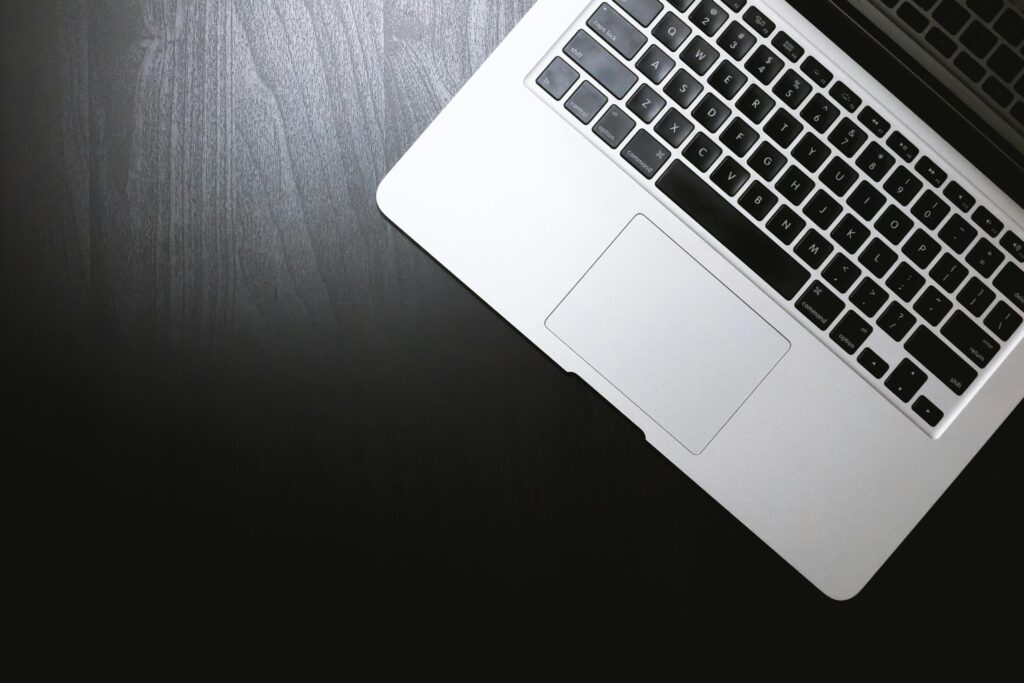Laptops have evolved beyond being mere gadgets in today’s fast-paced world; they have become integral partners in our personal, professional, and educational lives. Your laptop serves as the foundation of your digital life, containing important data, whether you are a businessperson who travels regularly, a student taking online classes, or a content creator working from home. However, with such significance comes accountability, specifically the obligation to protect your laptop from damage. At this point, “The Perfect Shield for Every Laptop” becomes essential. Using antivirus software and handling your laptop with care are only two aspects of protecting it; a comprehensive protection system that protects it from environmental conditions, cyber threats, and physical damage is also necessary. Let’s take a closer look at what makes the ideal laptop shield and how to safeguard your priceless device for years to come.

The Need for a Shield for Your Laptop
It’s critical to understand why laptops require protection in the first place before exploring alternatives. Because laptops are more portable than desktop computers, they are more susceptible to dangers.
Physical damage
spills, bumps, and drops are frequent occurrences. Repairs for a simple slip can easily exceed the thousands. Cyber threats, including ransomware, malware, phishing scams, and viruses, can compromise your data and privacy.
Environmental risks
Dust, heat, moisture, and humidity can reduce the lifespan of internal components.
Data loss
Personal files, professional projects, or instructional materials could be lost if a laptop is damaged or broken. Protecting your laptop becomes essential when you consider it both an investment and a valuable tool.
Components of the Ideal Laptop Protector
The ideal shield is a collection of tools, add-ons, and procedures that work together to create a protective ecosystem for your laptop rather than a single item. These fall into three primary categories maintenance procedures, digital protection, and physical protection.
Sleeves and bags for laptops
Your first line of defense is a good laptop sleeve or backpack. It shields your gadget from dust, scratches, and bumps while you’re on the road. A snug fit, water-resistant material, and shock-absorbing padding are what you want. The ideal choice for frequent travelers is a backpack with distinct sections for laptop accessories.
Covers for Keyboards
Water or coffee spills can quickly harm your laptop’s motherboard and keyboard. Dust and liquid particles are kept out of the system by a thin, silicone keyboard cover—protectors for screens. Fingerprints and scratches are common on laptop displays. Anti-glare screen covers reduce reflection and protect against unintentional damage to the display.
Pads for cooling
Laptop overheating is a regular problem. The lifespan of internal components is increased by maintaining a safe temperature with the aid of a cooling pad with built-in fans.
Software for antivirus
Strong antivirus software is the first step in creating a digital shield. It guards against ransomware, spyware, malware, and phishing scams. Seek out antivirus software that integrates with firewalls, offers real-time protection, and updates automatically.
Security of Firewalls
By acting as a barrier between your device and the internet, firewalls prevent hackers from accessing your system and filter out unwanted traffic.
Encryption of Data
Encrypting important data ensures that, even if your laptop is stolen, the information cannot be accessed without the password or decryption key.

Emergency plans
External hard drives and cloud storage are crucial defenses against data loss. Frequent backups guarantee that, even in the event of theft or hard drive failure, your work, images, and crucial documents are safe. Using two-factor authentication and password managers, laptops with weak passwords are more vulnerable to hackers. A password manager generates strong, unique passwords, and two-factor authentication (2FA) provides an additional layer of security.
Frequent Cleaning
A buildup of dust can obstruct air vents, causing overheating. For the screen, use a gentle microfiber cloth; for the keyboard and vents, use compressed air.
Secure Charging Practices
The battery may be damaged by overcharging or using chargers that are incompatible. Always use the original chargers and unplug them when the device is fully charged.
Updates to the system
Security flaws can be caused by outdated software. Frequent upgrades enhance performance and fix issues.
Secure Internet Access & Downloads
Steer clear of downloading from unreliable sources. Emails with attachments or links should be avoided since they can be infected with malware.
Appropriate Sleep & Shutdown Mode
Data corruption can be avoided by shutting down properly. Sleep or hibernate modes reduce power consumption and save work for regular travelers.
Accessories’ Function in Protecting Laptops
Although they are frequently overlooked, accessories are crucial to building the ideal shield. The following are some things that all laptop users should consider. Protect your data when charging in public places by using USB data blockers.
Privacy Filters
To keep strangers from seeing your work, limit screen visibility. Laptops and external hard drives: For rapid and secure backups.
Surge protectors
Keep your laptop’s motherboard safe from electrical surges. Laptop locks: Keep your gadget physically safe in public settings like cafes and libraries.
Laptop Travel Protection
Laptops can be more hazardous for frequent travelers. There are several potential risks in public areas, on buses, and at airports.

To guarantee security
For speedier security screenings, use a laptop backpack that the Airport has approved. For increased security, place your laptop inside the bag in a padded sleeve. To prevent theft, keep the device visible at all times. In the event of loss or damage, keep a portable hard drive with the necessary backups on hand.
Typical Errors to Avoid
Many people unintentionally jeopardize the security of their laptops. Making use of inexpensive, inferior sleeves or bags. Consuming food or beverages while using a computer, ignoring software updates, and failing to create secure passwords are common mistakes. Additionally, placing computers on couches or beds can prevent airflow, leading to overheating.
Physical Protection
Cooling pad, keyboard protector, bag, and cover. Digital protection includes password security, encryption, firewalls, antivirus software, and backups. Best Practices → Updates, safe charging, handling, and routine cleaning. These components work together to provide a comprehensive protection system that prolongs the life of your laptop, protects your data, and ensures seamless operation.
Why Protecting Your Laptop
It is an Investment, not a Cost.. Some people are reluctant to spend money on protective gear because they believe it is unnecessary. While replacing a water-damaged motherboard can cost hundreds of dollars, a keyboard protector costs only a few dollars. A subscription to an antivirus program is far less expensive than letting hackers steal your private information. Although a premium bag may initially seem pricey, it can prevent irreparable harm to your device in the event of a single unintentional drop. Protecting your laptop is essential for long-term productivity, efficiency, and peace of mind, not only to prevent loss but also to maintain its optimal performance.

In conclusion
Laptops are becoming necessary instruments that carry our work, memories, and creativity rather than being luxuries. Laptops should have the best protection available, just like our homes are secured with locks and our vehicles are insured. That shield is a well-considered fusion of digital defenses, physical guards, and wise usage practices rather than a single product. You can ensure that your laptop remains a dependable companion for many years to come by making the appropriate accessory purchases, regularly maintaining your computer, and protecting your data. Recall that while mistakes, diseases, and accidents can happen at any Time, you always have the power to be prepared. Because prevention is always better (and less expensive) than repair, the ideal laptop shield focuses on being proactive rather than reactive.



